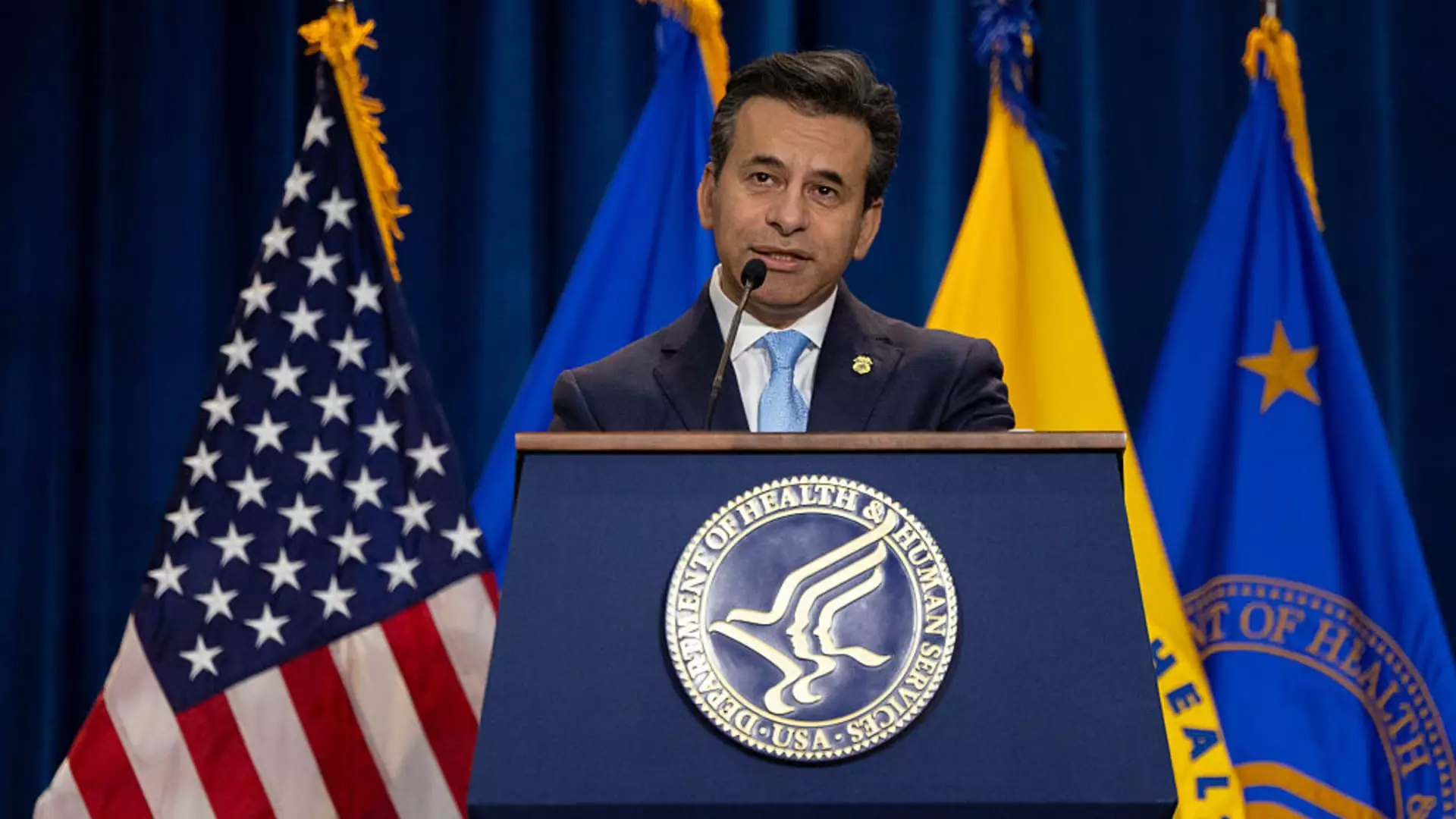The recent shift in FDA policy, emphasizing affordability alongside rapid approval, signals a bold attempt to realign the agency’s priorities. By integrating drug affordability into the criteria for expedited approvals, the FDA ostensibly aims to balance innovation with consumer protection. However, this is not a simple surgical adjustment; it reflects a deeper debate about the core values of pharmaceutical regulation. The eagerness to speed up approvals, especially through vouchers that could cut review times to a month or two, raises critical questions: Are we sacrificing safety to gain quicker access? And does the push for affordability inadvertently undermine the long-term integrity of drug safety standards?
While the logic behind streamlining drug approvals is appealing—particularly in an era where innovation often stagnates under administrative red tape—the implementation must be interrogated. How can regulators thoroughly assess a drug’s safety and efficacy within a drastically shortened period? The FDA’s move to incorporate affordability as a criterion intensifies this concern, as cost considerations could overshadow clinical evidence. In the quest to deliver cheaper medications, there’s a real danger of incentivizing companies to rush products to market before they are fully vetted.
The Politics of Speed and Cost in Drug Policy
The Trump administration’s focus on making drugs more affordable aligns with a broader populist narrative—one that seeks to reduce what many perceive as American pharmaceutical greed. Pushing for tariffs up to 200%, reshoring manufacturing, and now fast-tracking approvals that factor in affordability, all aim to curb what’s seen as exploitative pricing. Yet, the question is whether these policies genuinely address the root causes of elevated drug costs or merely serve political expediency.
Speeding approvals with vouchers might incentivize pharmaceutical companies to prioritize financial gains over thorough research, leading to potentially risky drugs filling the market. Moreover, the idea that affordability should influence regulatory decisions blurs the line between market efficiency and public health safety. While lowering prices is undeniably desirable—especially for critical drugs—the mechanism by which it is achieved must be carefully scrutinized. Redirecting focus from robust testing towards affordability metrics might promote a harmful prioritization of short-term savings over patient safety.
Innovation or Illusion? The Future of Fast-Tracked Drugs
The vision articulated by FDA Commissioner Marty Makary involves aiming for breakthrough cures—think of definitive solutions for Type 1 diabetes, advanced treatments for neurodegenerative diseases, or a universal flu vaccine. This idealistic goal aligns with innovation, but it risks glossing over the inherent trade-offs involved. Rushing a drug through the approval process in just 30 days, as the plan proposes, fundamentally challenges the scientific rigor that ensures therapeutic safety and effectiveness.
While rapid approval could catalyze the arrival of life-changing therapies, it could also flood the market with drugs that haven’t been adequately vetted, leading to unforeseen adverse effects. Historically, drug safety has often been compromised by excessively accelerated approval processes that neglect comprehensive long-term studies. Shortening review times might grant immediate benefits, but it could also erode public trust when unforeseen side effects emerge and prompt recalls or lawsuits.
The Broader Implications for American Healthcare and Industry
The effort to incentivize domestic manufacturing and affordable drugs through faster approvals raises complex strategic questions. As analysts suggest, vouchers might prove more effective than tariffs in enticing pharmaceutical companies to repatriate production and prioritize the U.S. market. However, this approach risks swelling the pipeline of under-tested drugs, with potentially disastrous health consequences.
It’s important to recognize that medicines are not commodities that can be rushed without consequences. The FDA’s reputation depends on its ability to safeguard public health, not merely to appear responsive to political pressures or industrial interests. Accelerated approvals could set a dangerous precedent—one where innovation is sacrificed at the altar of expediency. For a centrist, this implementation appears to be a gamble: a misguided attempt to please short-term political agendas at the expense of the foundational principles of clinical safety and efficacy.
By weaving affordability into the fabric of regulatory priorities, policymakers might inadvertently weaken the integrity of the entire drug approval system. The goal should be to foster genuine innovation that seeks safer, more effective treatments rather than merely expedite dubious shortcuts. History teaches us that haste makes waste, especially in medicine. As the FDA explores these reforms, a careful, skeptical eye is necessary—not just to guard against immediate risks, but to preserve the long-term credibility of U.S. healthcare innovation.

